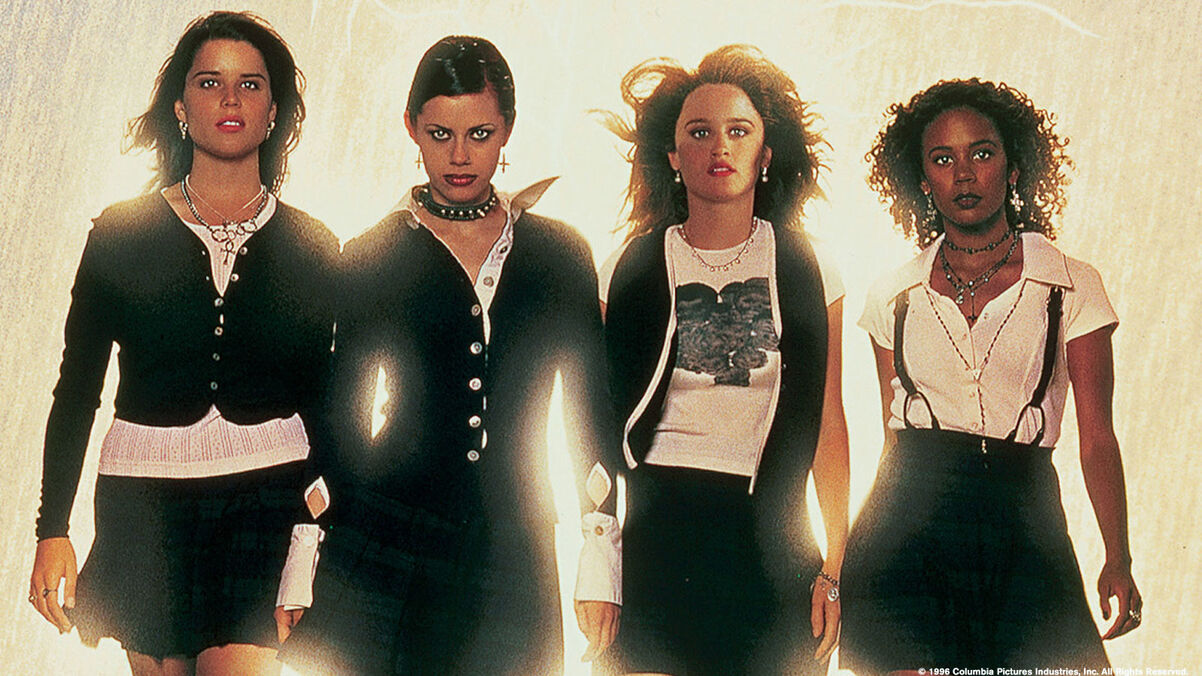Relating to a fictional character can have a significant impact on how you engage with a story. You might laugh at a character making mistakes you’ve made or get emotional for an on-screen relationship that feels familiar. If you can see yourself in another person real or otherwise, you can empathize easier. For a lot of folks, though, finding a character to actually relate to or feel represented by, can be a challenge. If you’re not white, male, cisgender, straight or from a western country, you might feel distanced from a good amount of stories.
Furthermore, if you’re marginalized and finally see a glimpse of yourself, you’ll be looking for anything that you can sink your teeth into. This might be the sheer mention of a character’s sexuality or a character sharing a skin tone. For better or for worse, it seems that because of this hunger for diversity, people of color and queer people can get a sense representation with very little substance. Especially as children, it seems that when you don’t have a lot of material to choose from, you’re eager to say “that’s me!” to the first person you see.
As we get older however, we might notice that those characters we grew up loving weren’t actually that great. They might be poorly written, full of tropes or maybe barely given a backstory compared to their white friends.
If we constantly accept bad characters, writers and producers will continually be let off the hook with their bad diversity they get to profit off of the fact that marginalized people will accept any scraps you give them.
When having this conversation, it is important to critique what we mean by diversity and, more specifically, diverse stories. Often times we discuss representation in terms of numbers and identity labels: how many Latinx people are in a particular show, how many queer women are represented at the Oscars, etc. and while this dialogue can be somewhat significant, it leaves out something integral. What we need is not just quantitative but also qualitative which is to say, we need diverse stories, not just actors. When an Asian character is in a show, they shouldn’t just be an Asian actor playing a role written for a white person, they should have a story that indicates something about their culture or family.
In fact, this erasure of specific backstories for marginalized characters gives room for a dangerous habit. It gives space for the audience to create their own image of what is happening and project a backstory for a character that doesn’t exist in the canon. This practice of imagining an aspect of a story occurs regularly in gaming, anime, and other nerd fandoms, most often from queer fans. One great example of this is in Overwatch, a game that is loved by the gays. Fans regularly create fan art or write fan fiction that establishes a richer story for the characters. Before Tracer was announced as gay, fans were constantly shipping her with other Overwatch women. We should be critical of giving the creators too much credit for the borrowed work of fans.
My friend Babs gave me some perspective that I hadn’t considered. When we discussed liking characters that were poorly treated, one of the examples she gave me was a very specific episode of The Game, a CW/BET sitcom from the early 2000s. In the episode, one of the main characters has a relationship with a plus-size woman. Babs told me that this character stuck out to her because it made her think of her body and its relationship to “desirable men.” It was wild to me that Babs could name such a small and specific incident when asked about this topic, but that’s just how rare representation can be.
Another character that Babs mentioned was Rochelle from The Craft, a cult classic film about teen witches. BuzzFeed’s black culture channel, Cocoa Butter, did an awesome video about her and in the way she was described, it seems she is a great balance of bad exposition but also inclusive storytelling. In some ways, Rochelle fell into the same traps as other characters. As mentioned in the Cocoa Butter video, she is the only character whose parents you never see and who didn’t have a fully developed backstory. However, Rochelle also had moments where she got to engage with being the only black girl and get revenge on a racist white girl.
Ultimately though, it’s hard to blame fans for taking what they can get in terms of diversity. In fact, it makes me proud to be a part of communities that are resilient and determined. Although it’s important to keep demanding better writing and representation, it’s also powerful to recognize an individual’s capability to create room for themselves in a space that wasn’t made for them.
Don't forget to share:
Help make sure LGBTQ+ stories are being told...
We can't rely on mainstream media to tell our stories. That's why we don't lock our articles behind a paywall. Will you support our mission with a contribution today?
Cancel anytime · Proudly LGBTQ+ owned and operated
Read More in Culture
The Latest on INTO
Subscribe to get a twice-weekly dose of queer news, updates, and insights from the INTO team.
in Your Inbox













